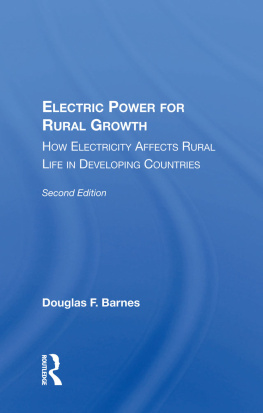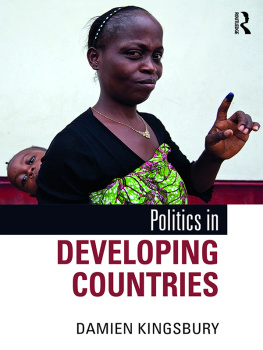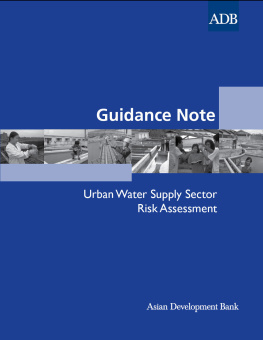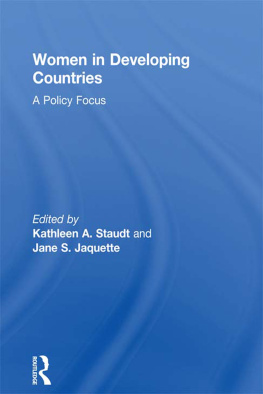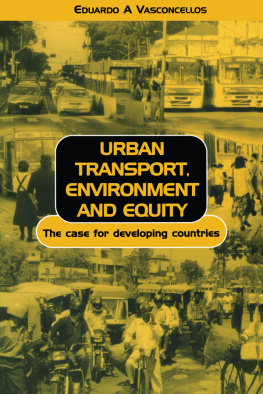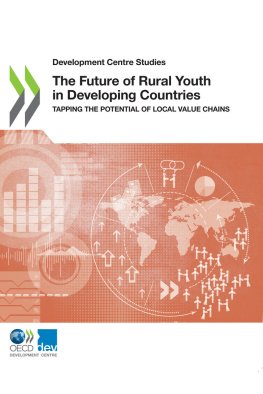
Rural Transport in Developing Countries
The World Employment Programme (WEP) was launched by the International Labour Organisation in 1969, as the IWs main contribution to the International Development Strategy for the Second United Nations Development Decade.
The means of action adopted by the WEP have included the following:
- short-term high-level advisory missions;
- longer-term national or regional employment teams; and
- a wide-ranging research programme.
Through these activities the ILO has been able to help national decision-makers to reshape their policies and plans with the aim of eradicating mass poverty and unemployment.
A landmark in the development of the WEP was the World Employment Conference of 1976, which proclaimed inter alia that strategies and national development plans should include as a priority objective the promotion of employment and the satisfaction of the basic needs of each countrys population. The Declaration of Principles and Programme of action adopted by the Conference will remain the cornerstone of WEP technical assistance and research activities during the 1980s.
This publication is the outcome of a WEP project.
First published 1985 by Westview Press
Published 2019 by Routledge
52 Vanderbilt Avenue, New York, NY 10017
2 Park Square, Milton Park, Abingdon, Oxon OX14 4RN
Routledge is an imprint of the Taylor & Francis Group, an informa business
Copyright 1985 by International Labour Organisation
All rights reserved. No part of this book may be reprinted or reproduced or utilised in any form or by any electronic, mechanical, or other means, now known or hereafter invented, including photocopying and recording, or in any information storage or retrieval system, without permission in writing from the publishers.
Notice:
Product or corporate names may be trademarks or registered trademarks, and are used only for identification and explanation without intent to infringe
ISBN 13: 978-0-367-28641-5 (hbk)
Contents
The publishers wish to thank the following for use of their photographs:
United Nations Association for .
The other plates have been provided by the authors, the International Labour Office and from the Intermediate Technology Transport Archives.
Rural transport is one of the most significant means of ensuring that those who live in rural areas have access to markets for their products and to social services. While much has been published-by the ILO, the World Bank and others on rural access roads, little has been written on alternative means of rural transport. The present volume, edited by Messrs. Barwell, Edmonds, Howe and de Veen, is designed to fill this gap. Research work in support of the volume was undertaken within the framework of the ILO Technology and Employment Programme, and was financed by a research grant from the Swedish Government (Swedish Agency for Research Co-operation with Development Countries SAREC).
The volume contains a selection of case studies which highlight transport patterns, means and policies. One of the main conclusions of the study is that transport planning in most developing countries takes insufficient account of the needs arid requirements of the bulk of the rural population. Only the transport demands of a few large farmers producing for the export markets are captured by conventional transport planning; the transport needs of the rest of the rural population are largely for the movement of small loads over relatively short distances and this is largely ignored. In addition poor credit facilities are a major constraint on the small producer acquiring even simple means of transport.
Within the framework of the United National Administrative Committee on Co-ordination Task Force on Science and Technology for Development, a number of joint activities have been formulated for implementation at the country level in the Third World. Upgrading of traditional transport technology is one such activity for which the ILO has been designated as a lead agency. The present volume is a contribution to this programme which it is envisaged will also include a selected number of operational projects within the developing countries.
A.S. BHALLA,
Chief, Technology and Employment Branch
For more than three decades investment in the transport sector has been a priority for developing country governments. With a few exceptions, roads have accounted for the major part of these investments. The explicit, and often articulated, assumption upon which the decision to allocate such large sums of money to road transport has been made is that road transport and development are inextricably linked. The implicit, and rarely articulated assumption is that the provision of suitable roads will lead to the operation of an adequate level of road transport services. If roads do not actually produce economic development, it has been argued, they certainly play a major role. This belief in the beneficial effects of roads is not wholly unsubstantiated. Clearly the provision of some form of access is vital for the development of the rural economy. Nevertheless, the studies carried out over the last 10-15 years on the impact of highway investment have sounded a cautionary note. George W. Wilson, writing in the concluding chapter of the Brookings Institution studies on transport and development, suggested that* A much more sceptical attitude towards transport appears essential and far more attention needs to be devoted to the set of circumstances surrounding expansion of transport capacity. The suggestion of a more restrained attitude reflected a growing concern that transport, and in particular roads, was only one factor amongst a large number that needed to be integrated for effective development. The concern to see road transport in a wider context partly explains the move towards the evaluation of the social, as well as strictly economic, benefits of road construction.
More recently the argument about the role of transport in development has largely been overshadowed by the practicalities of the situation. The effect of new roads becomes somewhat academic if funds are not forthcoming for their construction. The present economic recession has exacerbated the problem, and it is clear that neither donors nor governments are willing or able to invest large sums in new construction as opposed to reconstruction and has drawn attention to the fact that:
- Few regular transport services operate away from all-weather road networks. However, many people live remote from such networks, and hence lack access to transport services.
- In areas with all-weather road access, motor vehicles are beyond the financial means of the majority of people. Equally, many people cannot afford to use the transport services which do operate.
There is unlikely to be a significant improvement in this situation for the foreseeable future given the limited resources available for expansion of road networks and motor vehicle fleets, and the problems of maintaining existing roads and operating conventional motor vehicles.
It is perhaps the limitation of resources, rather than the dissatisfaction with previous policy, that has led to a consideration of alternative strategies. The use of labour-based techniques in road construction is just one example of the search for low-cost alternatives. One of the major barriers, however, to the formulation of alternative strategies is the paucity of knowledge of the transport needs of rural communities. Their transport needs are assumed to be taken into account within the overall framework of transport provision. The latter usually, however, relates to motorized vehicles on conventional roads.



